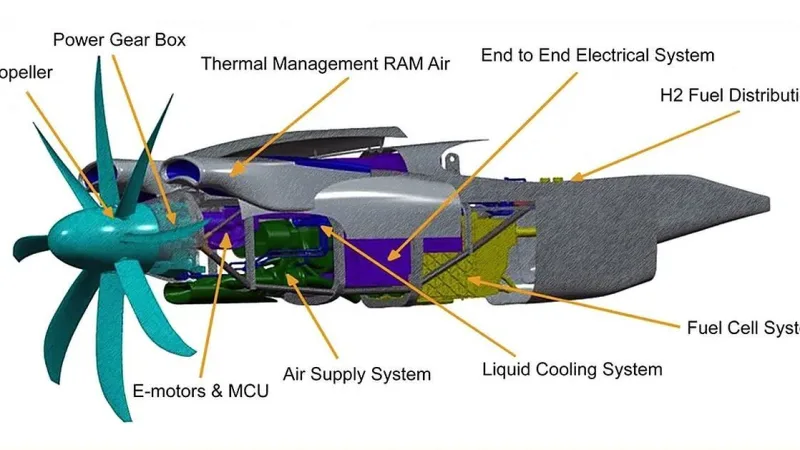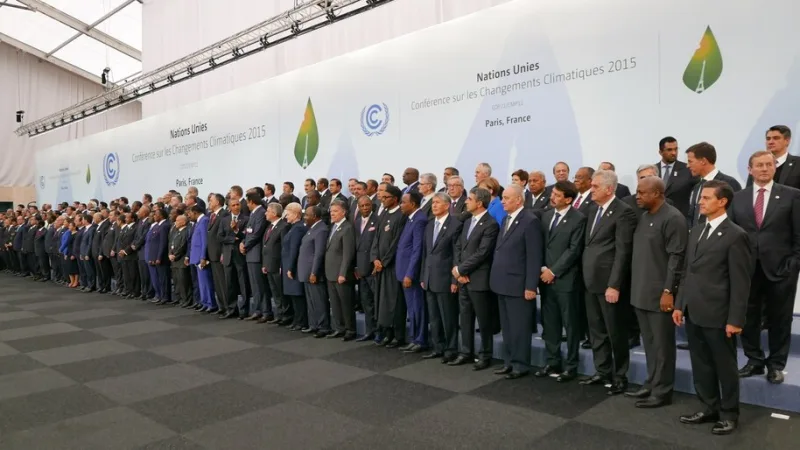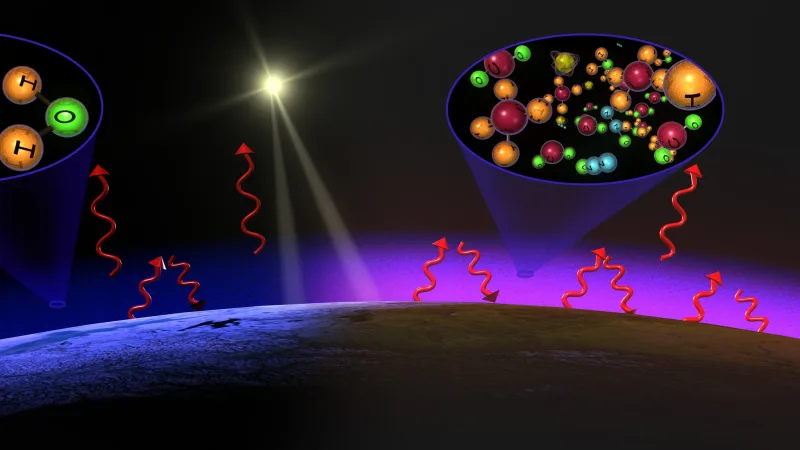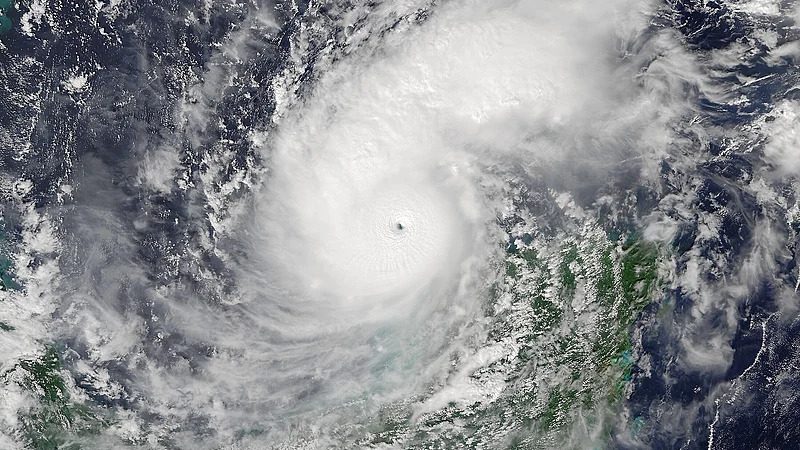Climate Crisis: Science-Based Solutions for a Sustainable Planet

Lately, the climate crisis has become an immense problem for our planet. There are lots of problems with the environment, and the world is facing a big climate crisis right now. One of the major problems is putting too much greenhouse gasses into the air. This mostly comes from burning stuff like coal, oil, and gas, cutting down too many trees, and doing certain things in farming. The key thing that needs to be done to keep the world going in a good way is to cut down on emissions. It’s like the main ingredient for making sure things can last and stay good for everyone – that’s what we call sustainable development.
Adopting scientific solutions is crucial for quickly reducing carbon emissions and assisting communities in adjusting to the effects of climate change. In response to the underlying causes of the climate crisis, the emphasis is placed on science-based solutions for fostering a sustainable planet, aiming to mitigate the impact on the environment.
Role of Technology, Innovation, and Green Solutions in Addressing Climate Change
Technology and innovation are integral to human development, particularly due to the digital revolution which serves as a significant catalyst. The data revolution, advanced analytics, and artificial intelligence empower scientists to better comprehend the impacts of climate change. Green technological advancements facilitate a smoother transition to sustainable transportation and energy systems.
Globally, science has been instrumental in reducing emissions, as seen in notable enhancements in vehicle emissions control over the past five decades. The anticipated growth in global electricity generation from renewable energy sources is expected to be 2.7 times between 2010 and 2035.
However, there’s a need to consider the long-term impacts of technologies like pesticides and fertilizers on ecosystems, highlighting the importance of mindful application.
Accelerating the Shift to Sustainable Energy for Reduction for Climate Action
Tackling the urgent matter of climate change requires lessening our reliance on fossil fuels, which encompass coal, oil, and gas. The combustion of these fuels is a major contributor as CO2 emissions have increased by about 90%, due to the emissions of fossil fuel combustion. To mitigate the severe consequences of climate change, it is crucial to address the critical need to limit global warming. Research indicates that global greenhouse gas emissions must decrease by a minimum of 60 percent by 2035 compared to 2019 levels.
The obstacle lies in phasing out the utilization of coal, oil, and eventually natural gas, as these fossil fuels are deeply embedded in daily life, spanning consumer goods to transportation. Although there is no perfect solution, alternatives such as plant-derived plastics, biodiesel, and wind power can play a role. Moreover, supporting the transition to a more sustainable energy future involves investments in companies dedicated to carbon capture and storage, alongside divesting from oil stocks.
Role of Carbon Capture and Storage Solution for Global Climate Goals
Carbon Capture and Storage (CCS) is recognized as a crucial tool for meeting global climate goals, striving to maintain the temperature increase below the specified 2°C threshold set by the Paris Agreement.
CSS is designed to capture carbon dioxide (CO2) emissions originating from industrial sources such as power plants and factories. After capturing CO2, it undergoes transportation and storage in underground geological formations, preventing its release into the atmosphere and playing a role in climate change mitigation.
The International Energy Agency (IEA) proposes that CCS could contribute up to 13% of the necessary emissions reductions by the year 2060. Ultimately, addressing the climate crisis necessitates a collaborative effort involving various sectors. The globe needs to grasp these ideas and play a role in lessening the carbon footprint, enhancing the ability to cope with climate change, and contributing to the shift towards a carbon-neutral future.
Despite the complexities, it’s crucial to get involved, participate in your capacity, and continually learn from the experience. Through collective efforts, the world can confront the climate crisis and secure a sustainable future for generations to come.
The author of this article is Warisha, and you can connect with her on LinkedIn for further engagement and insights.






